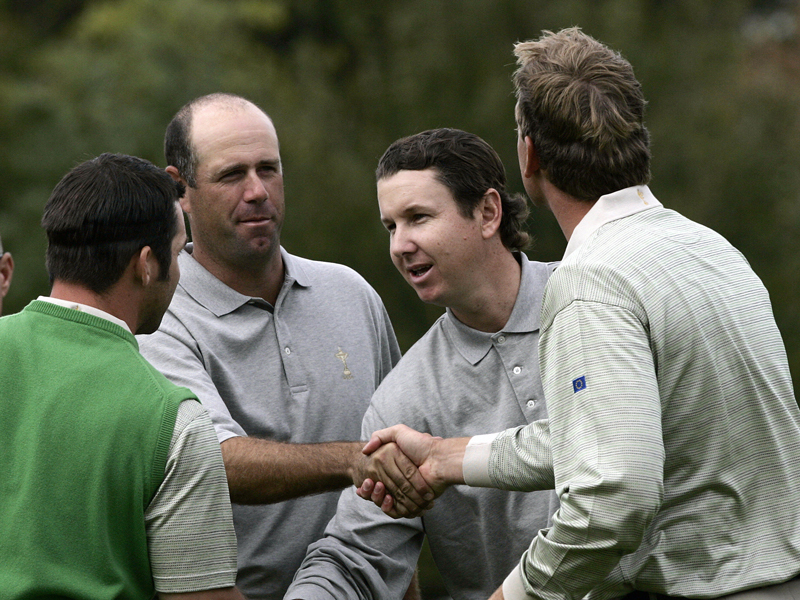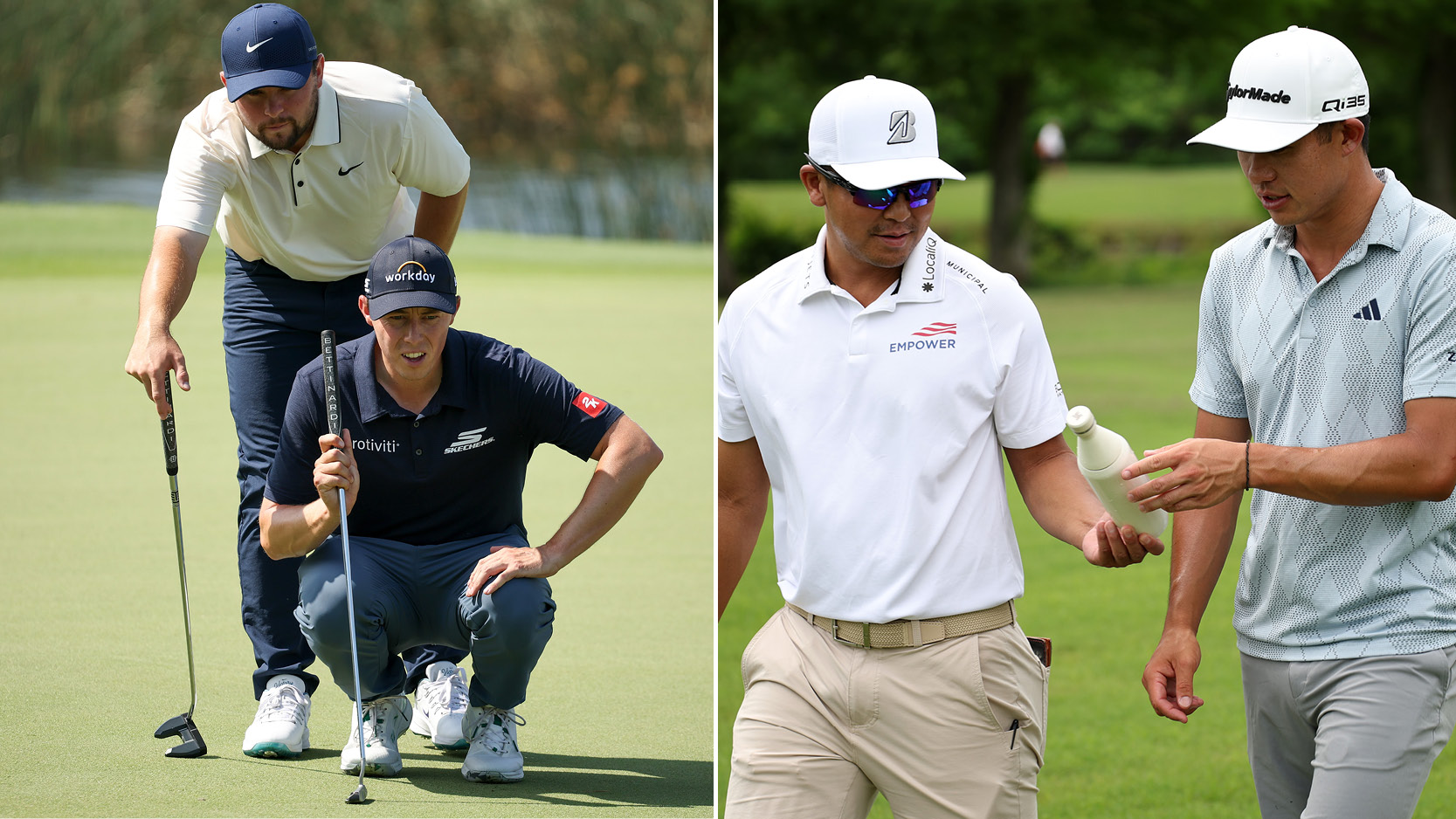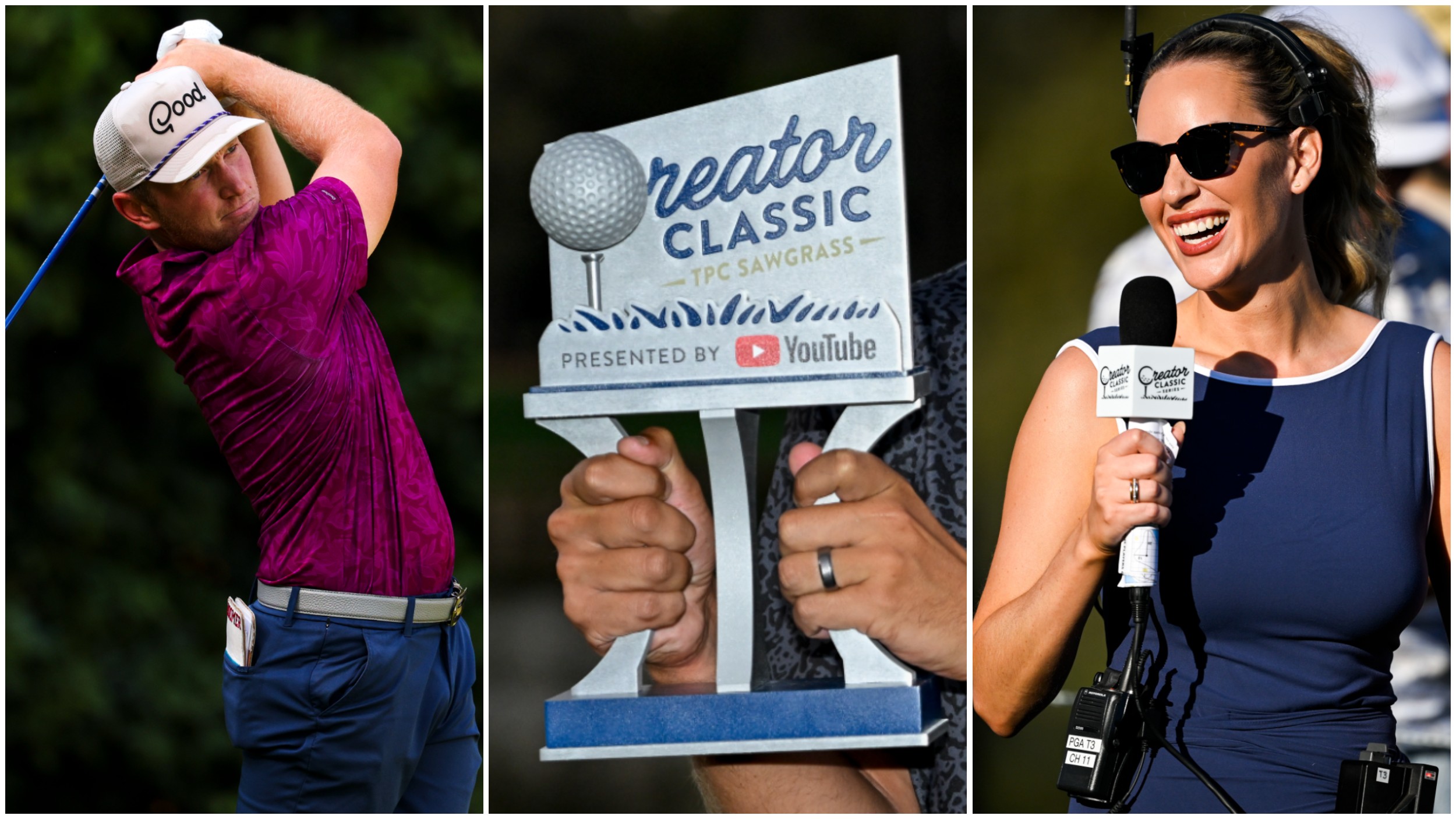Do we play too much fourball golf?
Does playing in fours simply take too long? It's more sociable, but it might take five hours...


Does playing in fours simply take too long? It's more sociable, but it might take five hours...
One of the biggest issues in golf today is the average length of time it takes to complete a round. With golfers facing time pressures from work and family, the five-hour round is anathema to many. A factor contributing to a round’s duration is the number of players in each group on course, and that prompts the questions – is there too much fourball golf, and is it detrimental to the game?
A number of the country’s more traditional clubs promote, if not require, two-ball or foursomes play. Some might see these clubs as stuck in the past. But a round at a “two-ball” course will seldom take much longer than three hours, making it possible to squeeze a game into half a day, or perhaps an evening in the summer months. Few would criticise that. How many people would be inclined to take up membership, or play as a visitor, if a club could guarantee a speedy round?
Playing in twos or threes can also be beneficial to your golf. If the game is flowing, with less waiting for partners or the group ahead, it’s easier to get into a rhythm, and there’s less time to dwell on potential disasters or earlier mistakes.
But the predominance of fourball play is self-perpetuating. At a busy course, where a round is bound to take four and a half hours plus, you’re inclined to play in a fourball to limit the amount of waiting endured. Everyone has a similar mentality, so fourball prevails.
And fourball play is highly sociable. Four pals, or perhaps two couples, a friendly better-ball match, a drink and a meal in the clubhouse – many play golf for this more convivial side of the game and their requirements must be considered.
At a time when many clubs are struggling to make ends meet, maximising visitor and society income is imperative. A key way to do that is to have as many tee times as possible taken up by four paying punters. Few clubs could afford to turn such business away.
Get the Golf Monthly Newsletter
Subscribe to the Golf Monthly newsletter to stay up to date with all the latest tour news, equipment news, reviews, head-to-heads and buyer’s guides from our team of experienced experts.
What we think? We do play too much fourball golf. But financial pressures, and the requirement to cater for a broad spectrum of golfing tastes, make a return to the “good old days” of widespread foursomes and two-ball golf impossible for most clubs.

Fergus is Golf Monthly's resident expert on the history of the game and has written extensively on that subject. He has also worked with Golf Monthly to produce a podcast series. Called 18 Majors: The Golf History Show it offers new and in-depth perspectives on some of the most important moments in golf's long history. You can find all the details about it here.
He is a golf obsessive and 1-handicapper. Growing up in the North East of Scotland, golf runs through his veins and his passion for the sport was bolstered during his time at St Andrews university studying history. He went on to earn a post graduate diploma from the London School of Journalism. Fergus has worked for Golf Monthly since 2004 and has written two books on the game; "Great Golf Debates" together with Jezz Ellwood of Golf Monthly and the history section of "The Ultimate Golf Book" together with Neil Tappin , also of Golf Monthly.
Fergus once shanked a ball from just over Granny Clark's Wynd on the 18th of the Old Course that struck the St Andrews Golf Club and rebounded into the Valley of Sin, from where he saved par. Who says there's no golfing god?
-
 6 Big Pairings Who Missed The Cut At The Zurich Classic Of New Orleans
6 Big Pairings Who Missed The Cut At The Zurich Classic Of New OrleansA range of pairings are in contention at the Zurich Classic Of New Orleans, where a number of big groups also failed to make it into the weekend
By Matt Cradock
-
 PGA Tour Truist Championship Creator Classic Line-Up And Format Revealed
PGA Tour Truist Championship Creator Classic Line-Up And Format RevealedThe PGA Tour has announced the line-up for the second Creator Classic ahead of the Truist Championship - with YouTubers from outside golf taking on the challenge
By Paul Higham